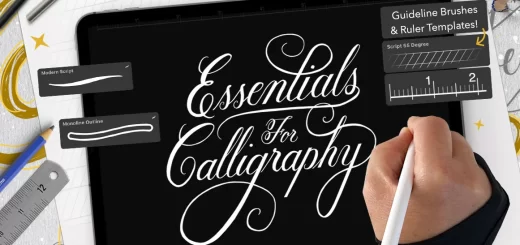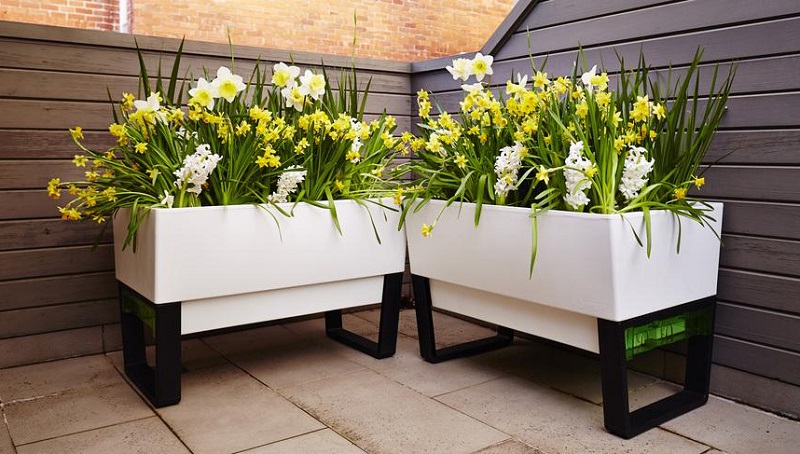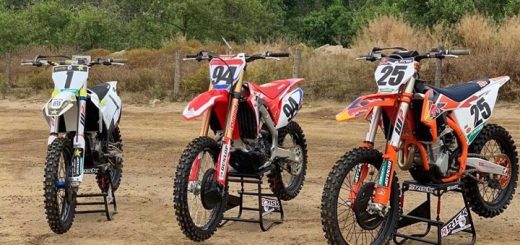Unlimited Power on the Road: The Importance of 12V Charge Controllers
Setting up a solar system on your caravan can be one of the best decisions you’ve ever made if you’re frequently caravanning in the Australian outback. The idea of having unlimited, free electricity that powers your microwave, TV, laptop, and the dozens of other appliances that your caravan has is pretty appealing and can make caravanning a much more enjoyable experience. Just like setting up a solar system for your home requires certain considerations in order to make the system as efficient as possible, setting up a 12V solar system requires some considerations as well.

The size of the panels, the type of battery and the type of 12V regulator are all things that matter. While there’s not much room for negotiation when it comes to choosing the size of the solar panels, due to the fact that your caravan’s roof space is quite limited, the 12V regulator is something that you should put a lot of thought into before buying. The regulator, also known as the charge controller, is the heart of the system that helps regulate the power going from the solar panels to the batteries and ultimately – all your appliances.
The best type of 12V charge controller is the MPPT (Maximum Power Point Tracking) controller. MPPT charge controllers are much more efficient than PWM controllers, and they help you get the most out of the energy that your panels harness. Moreover, they prevent your batteries from overcharging, which in turn prolongs their life-span, making charge controllers one of the most important investments of your entire solar system. There are many different types, and most of them put about 16-20V. Most solar panel batteries require 14-15V to reach a fully charged state. However, worth knowing is that even though charge controllers put out 16-20V, they’re rated 12V or 24V. Additionally, they have a rated charging current of 10A.
Victron SmartSolar controllers are one of the most popular ones available on today’s market, as they support a wide range of system designs and battery chemistries while integrating in terms of system programming and data management. Some models even feature Bluetooth and a smartphone app where you can monitor the battery voltage, load output, solar history, light dimming options, battery charge algorithms, etc. There are many other controller manufacturers out there, and they all offer different features. Your choice should come down to personal preferences and needs.






